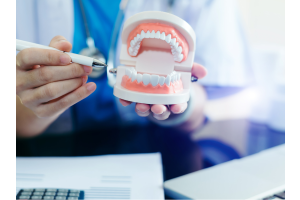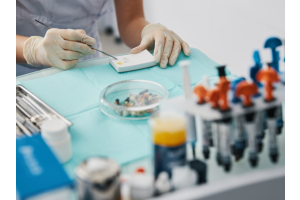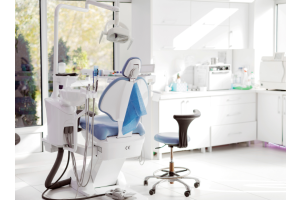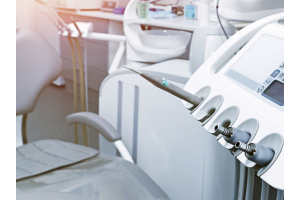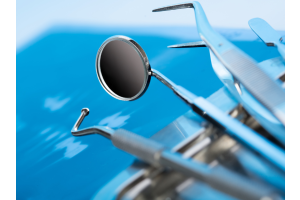The Importance of Regular Maintenance and Calibration for Dental Equipment
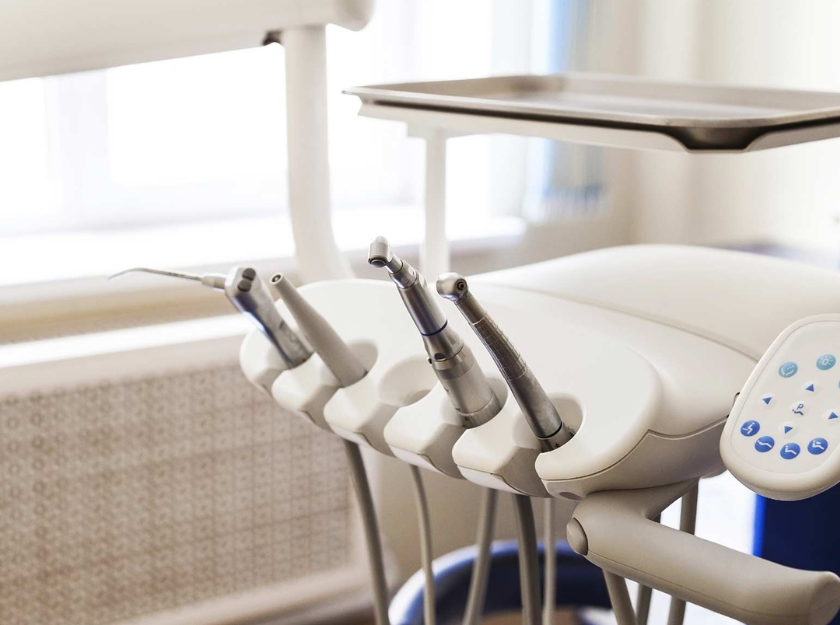
Dental equipment plays a crucial role in the diagnosis and treatment of various oral health conditions. From dental chairs to X-ray machines, every piece of equipment in a dental practice must function correctly and accurately. This is why regular maintenance and calibration of dental equipment are essential. Let us explore the importance of regular maintenance and calibration of dental equipment, especially in the UK.
1. Prevent equipment failure and extend the lifespan
Dental equipment suppliers in the UK provide state-of-the-art equipment to dental practices, but without proper maintenance and calibration, the equipment's accuracy and functionality may deteriorate over time. Regular maintenance of dental equipment involves routine inspections, cleaning, and servicing to keep the equipment in good working order. This can prevent equipment failure and extend the lifespan of the equipment.
2. To operate accurately
Calibration of dental equipment is equally important. Calibration ensures that the equipment is operating accurately and within specified limits. For example, dental X-ray machines must be calibrated regularly to ensure that they emit the correct amount of radiation. Failure to calibrate these machines could lead to inaccurate diagnoses, excessive radiation exposure for patients, and legal liability for the dental practice.
3. Improves patient outcomes
Regular maintenance and calibration of dental supplies can also improve the accuracy of diagnoses and treatments. If the equipment is not functioning correctly, it may produce inaccurate results, leading to misdiagnoses and incorrect treatments. This can lead to patients suffering from unnecessary pain and discomfort, as well as prolonged treatment times. Proper maintenance and calibration can also reduce the likelihood of equipment breakdowns, which can cause significant disruptions to a dental practice's operations.
4. Prolongs the lifespan of equipment
In addition to improving patient care, regular maintenance and calibration of dental equipment can also save dental practices money in the long run. Proper maintenance, such as cleaning and lubricating equipment, can help to remove debris and prevent damage to parts. Additionally, calibration ensures that equipment functions within acceptable parameters, reducing the wear and tear of the components. Regular maintenance and calibration can also help to prevent small problems from turning into larger ones, ultimately prolonging the lifespan of the equipment.
5. Prevents costly repairs and replacements
Equipment breakdowns can be expensive to repair or replace, and downtime can cause significant financial losses for the practice. By investing in regular maintenance and calibration, dental practices can avoid unexpected equipment failures and reduce repair costs. By detecting problems early on, repairs can be made quickly and at a lower cost. Additionally, replacing equipment due to neglect, or improper use can be costly. Regular maintenance and calibration can help to ensure that the equipment is used correctly, prolonging its lifespan and reducing the need for costly replacements.
In conclusion, regular maintenance and calibration of dental equipment are essential for ensuring accurate diagnoses, treatments, and regulatory compliance. Dental practices in the UK should work closely with their dental equipment supplier to develop a comprehensive maintenance and calibration schedule that addresses the unique needs of their practice. By investing in regular maintenance and calibration, dental suppliers can provide the highest quality care to their patients while minimizing equipment-related risks and costs.
Buy dental bonding cement and dental burs from AHP Dentals at effective price.

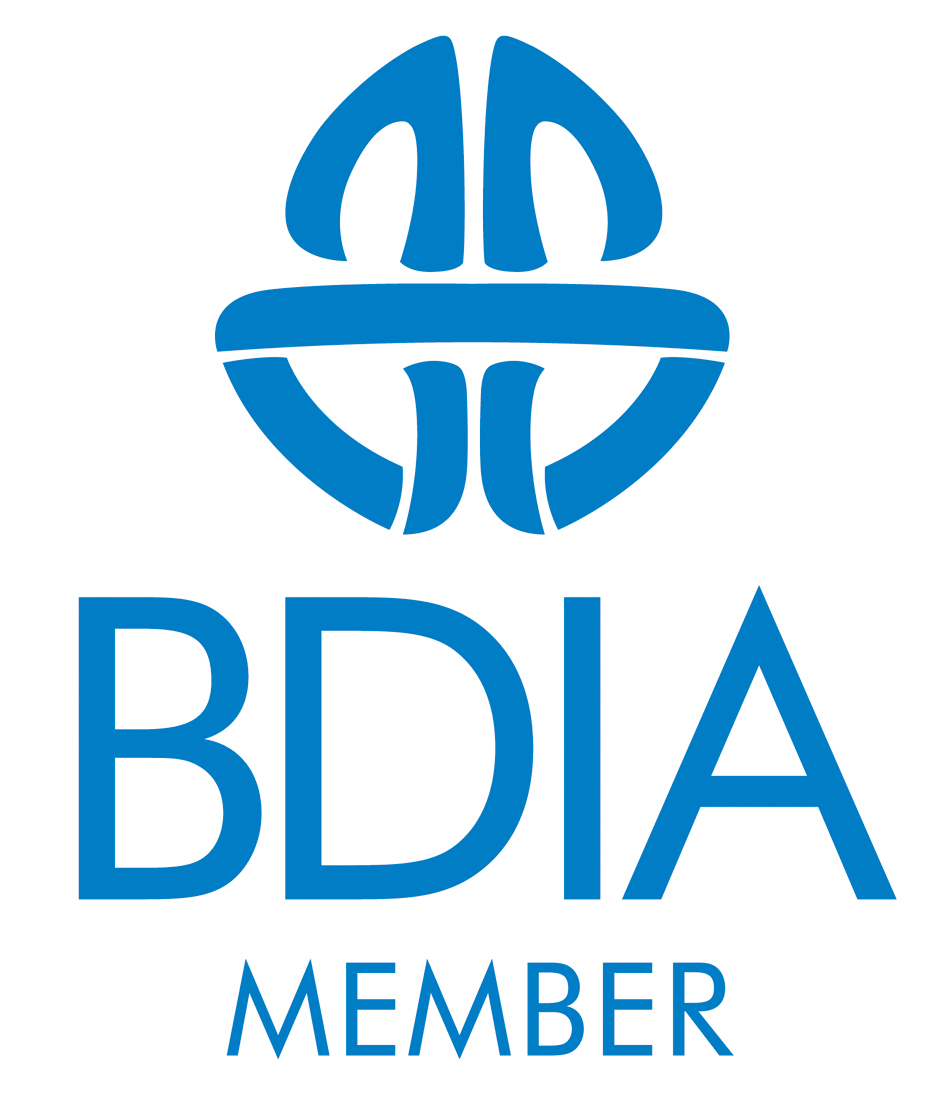
![Azowipe Equipment 70% Ipa Disinfectant Wipes Size: 200 X 200mm [Pack of 200]](https://www.ahpdentals.com/media/catalog/product/cache/3433042eb260fc383ed1c442b26fac65/s/2/s21_2.jpg)
![Equipment Protection Headrest Cover - White [Pack of 60]](https://www.ahpdentals.com/media/catalog/product/cache/3433042eb260fc383ed1c442b26fac65/x/1/x16.jpg)
